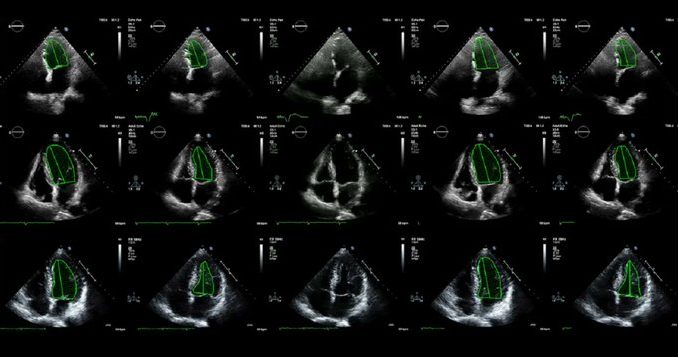
An AI trained to assess heart scans outperformed human technicians, both in terms of accuracy and efficiency, in a first-of-its-kind trial.
“There’s a lot of hype and a lot of excitement around AI, but really this is the first piece of very concrete evidence that this is ready for clinical use,” said trial leader David Ouyang, a cardiologist at Cedars-Sinai Medical Center.
The challenge: Measuring the percentage of available blood that leaves the heart with each pump — known as the “left ventricular ejection fraction” (LVEF) — can help doctors assess heart function and determine treatment plans for cardiovascular disease.
Traditionally, LVEF is determined using echocardiograms, which are ultrasound videos of the heart. A trained sonographer will assess LVEF based on the echocardiogram, and a cardiologist will then review the assessment and potentially adjust it.
This two-step process is necessary for accurate measurements, but it’s also tedious and time-consuming.
Echonet AI: In 2020, Stanford University researchers published a study detailing how they’d trained a deep learning algorithm, dubbed “Echonet,” to assess LVEF from echocardiogram videos.
